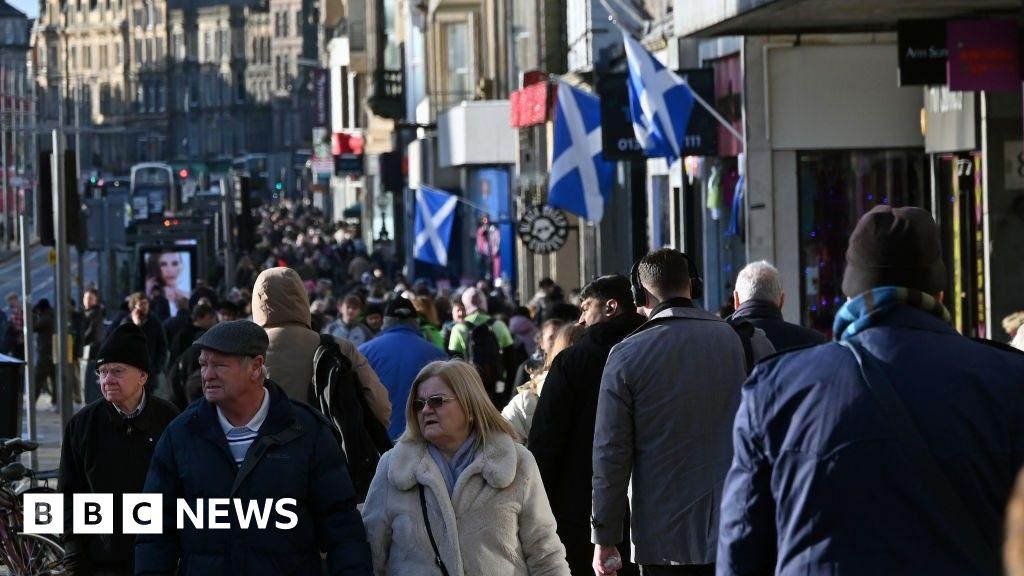Bussiness
John Curtice: What are the Scottish opinion polls saying?

The election could not have come at a worse time for the SNP.
Just a fortnight before Rishi Sunak fired the starting gun, Humza Yousaf resigned as first minister.
His fate was sealed when the Greens indicated they would vote against him in a vote of no confidence, following his decision to eject two of the party’s ministers from his government.
Following this drama, the SNP found themselves trailing Labour in polls of Westminster vote intention for the first time since the 2014 independence referendum – a position that John Swinney, unexpectedly elevated to the role of SNP leader for a second time, has had just six short weeks to turn around.
So far, the polls suggest that while Mr Swinney might have steadied the nationalist ship he has made little progress in reversing the damage occasioned by Mr Yousaf’s termination of the Bute House Agreement with the Greens.
Five Scotland-only polls conducted during the last three weeks have on average put Labour on 36% and the SNP on 32%, little different from the equivalent figures of Labour 36%, SNP 31% in polls conducted between the end of the Bute House Agreement and the calling of the election.
The Conservatives, whose support appears to have slipped during the last three weeks, are a long way behind on 14%. That is less than they have recorded at any previous Westminster election.
The Liberal Democrats, whose prospects north of the border rest on the outcome in just a handful of constituencies, are averaging 8%, unchanged from the beginning of the campaign.
Further evidence on the possible outcome of the election in Scotland has come from five very large mega-polls, which have endeavoured to estimate the seat-by-seat outcome throughout Great Britain.
One of these, from Survation, brought better news for the SNP. It suggested that, with 37% of the vote, the SNP were still seven points ahead of Labour and might win as many as 34 seats, twice as many as Labour on 17.
The Liberal Democrats were expected to win four, and the Conservatives just two.
However, the other four mega-polls have painted a similar picture to that of the Scotland-only polls.
On average, they also put Labour on 36%, four points ahead of the SNP on 32%. This, they suggest, could mean Labour winning 34 seats, the SNP only 15, though the precise numbers vary quite a lot from poll to poll.
The Conservatives, again with just 14%, together with the Liberal Democrats (on 7%) are thought likely to win four seats each.
The SNP are behind in most of the polls even though support for independence still stands at almost 50%.
Trouble is, only 64% of those who say they would vote Yes to independence are currently minded to vote SNP. As many as one in five (20%) is backing Labour.
The SNP’s hopes of closing the gap on Labour in the next ten days rest primarily on persuading those Labour-inclined Yes supporters to return to the nationalist fold. Labour, meanwhile, will be doing their best to retain them.
John Curtice is Professor of Politics at the University of Strathclyde, Senior Research Fellow, Scottish Centre for Social Research and ‘The UK in a Changing Europe’. He is also co-host of the ‘Trendy’ podcast.










